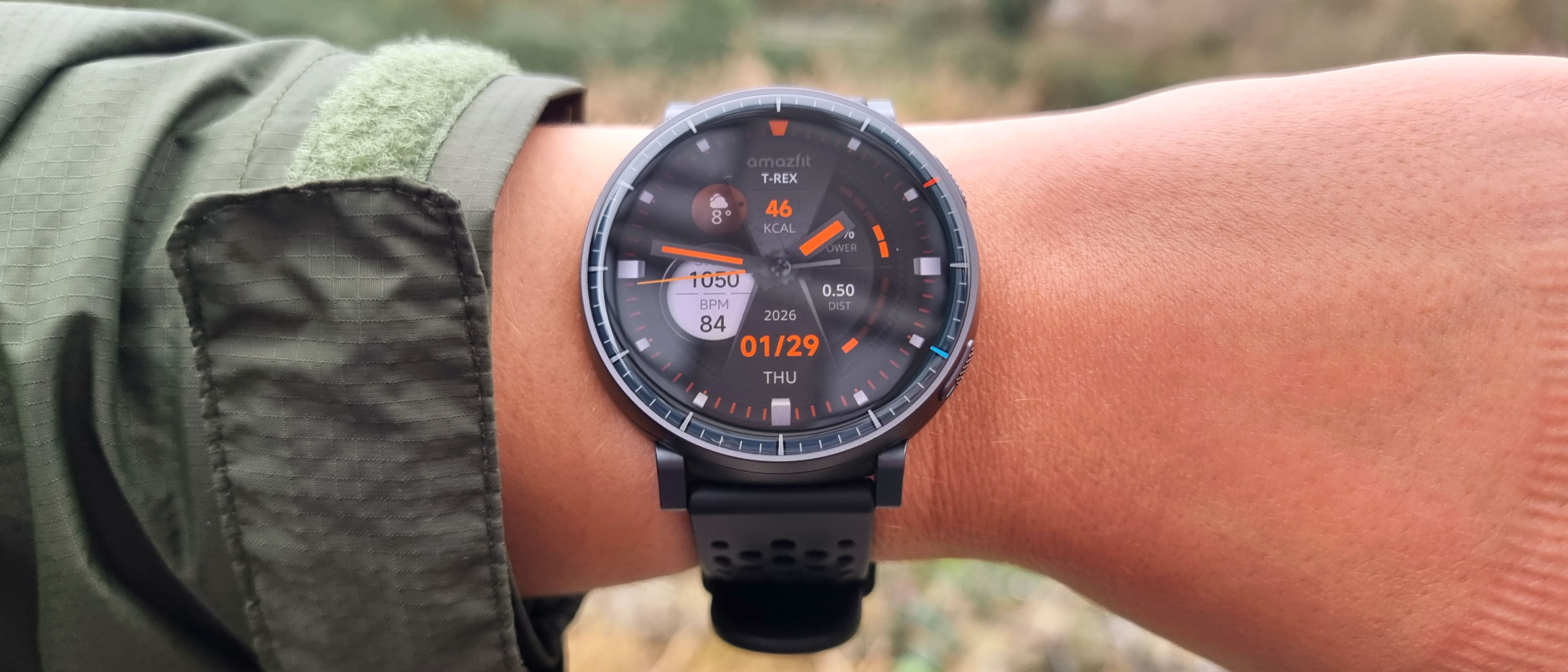New Epilepsy Drugs Seem Harmless to Pregnancies
Get the world’s most fascinating discoveries delivered straight to your inbox.
You are now subscribed
Your newsletter sign-up was successful
Want to add more newsletters?

Delivered Daily
Daily Newsletter
Sign up for the latest discoveries, groundbreaking research and fascinating breakthroughs that impact you and the wider world direct to your inbox.

Once a week
Life's Little Mysteries
Feed your curiosity with an exclusive mystery every week, solved with science and delivered direct to your inbox before it's seen anywhere else.

Once a week
How It Works
Sign up to our free science & technology newsletter for your weekly fix of fascinating articles, quick quizzes, amazing images, and more

Delivered daily
Space.com Newsletter
Breaking space news, the latest updates on rocket launches, skywatching events and more!

Once a month
Watch This Space
Sign up to our monthly entertainment newsletter to keep up with all our coverage of the latest sci-fi and space movies, tv shows, games and books.

Once a week
Night Sky This Week
Discover this week's must-see night sky events, moon phases, and stunning astrophotos. Sign up for our skywatching newsletter and explore the universe with us!
Join the club
Get full access to premium articles, exclusive features and a growing list of member rewards.
A set of relatively new drugs used to treat epilepsy, bipolar disorder and migraine headaches does not appear to increase the risk of birth defects even when taken during the first trimester of pregnancy, a new Danish study says.
The study, the largest of its kind, sheds light on the safety of these drugs, during pregnancy . Older generations of antiepileptic drugs were known to increase the risk of major birth defects as much as threefold when taken while pregnant, but information was limited on the effect of the newer generation of drugs during pregnancy. These newer drugs, introduced after 1990, include lamotrigine, oxcarbazepine, topiramate, gabapentin, and levetiracetam.
The decision to continue with medication during pregnancy remains an individual choice that a woman must make in collaboration with her doctor [See Antidepressants During Pregnancy Pose Dilemma for Women ]. The new study provides reassurance that, in many cases, the medications benefit women while posing limited risks to the fetus.
"The study further lends credence to the fact that the benefits to many women may out weigh the risks," said Dr. Loralei Thornburg, an expert in maternal fetal medicine at the University of Rochester in New York, who was not involved with the study.
The study, conducted by researchers at the Statens Serum Institut in Copenhagen, will be published tomorrow in the Journal of the American Medical Association.
Up to 0.5 percent of women will take antiepileptic drugs during pregnancy.
The study analyzed information from 837,795 infants born in Denmark between January 1996 and September 2008. Of these, 1,532 had been exposed to a new generation of antiepileptic drugs during the first trimester of pregnancy.
Get the world’s most fascinating discoveries delivered straight to your inbox.
The results show 3.2 percent of the exposed fetuses developed a major birth defect, including a cleft lip or major heart problem, during the first year of life. That compared with 2.4 percent of infants not exposed to antiepileptic drugs. The risk of a baby in either group developing a major birth defect was not statistically significant, the researchers say.
While this study weighs in on the effects of epilepsy drugs, doctors have called for more research on the safety of other commonly used medications in pregnancy , such as antibiotics and antidepressants. The same database used in the current study has been previously analyzed to show other drugs, including corticosteroids used to treat asthma and dermatitis, are reasonably safe to take during the first trimester of pregnancy.
Pass it on: A newer generation of drugs to treat epilepsy doesn't significantly increase the risk of major birth defects when taken early in pregnancy.
- 11 Big Fat Pregnancy Myths
- Medication Use in Pregnancy Rises, Though Risks Uncertain
- Antidepressants During Pregnancy Pose Dilemma for Women
Follow MyHealthNewsDaily staff writer Rachael Rettner on Twitter @RachaelRettner.

Rachael is a Live Science contributor, and was a former channel editor and senior writer for Live Science between 2010 and 2022. She has a master's degree in journalism from New York University's Science, Health and Environmental Reporting Program. She also holds a B.S. in molecular biology and an M.S. in biology from the University of California, San Diego. Her work has appeared in Scienceline, The Washington Post and Scientific American.
 Live Science Plus
Live Science Plus





